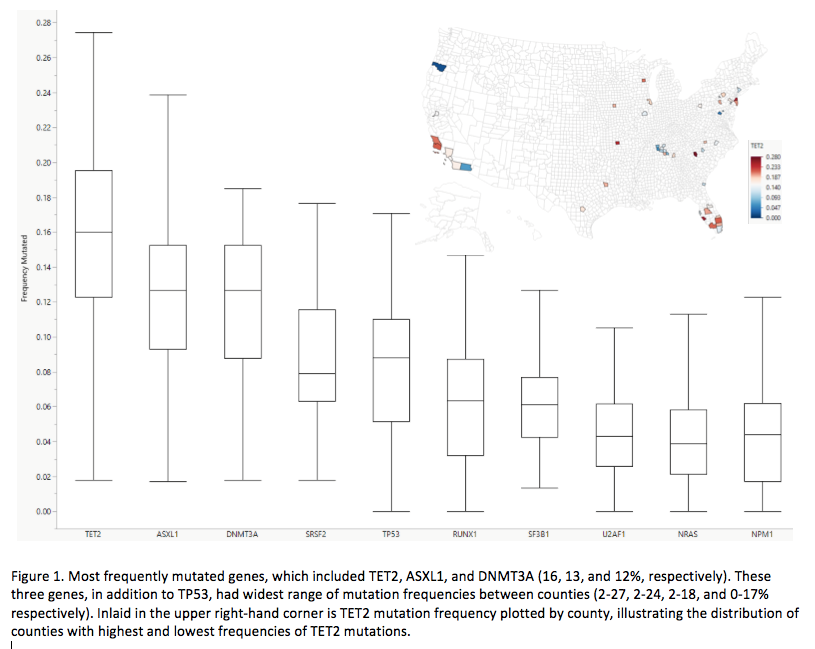
Acute Myeloid Leukemia | ASH Annual Meeting Abstract
Session: 613. Acute Myeloid Leukemia: Clinical Studies: Poster I Molecular Epidemiologic Associations in Acute Myeloid Leukemia (AML) and Myelodysplastic Syndromes (MDS) within the United States

Session: 613. Acute Myeloid Leukemia: Clinical Studies: Poster I Molecular Epidemiologic Associations in Acute Myeloid Leukemia (AML) and Myelodysplastic Syndromes (MDS) within the United States

Deep Sequencing of Cell-Free Peripheral Blood DNA as a Reliable Method for Confirming the Diagnosis of Myelodysplastic Syndrome. BACKGROUND: Demonstrating the presence of myelodysplastic syndrome
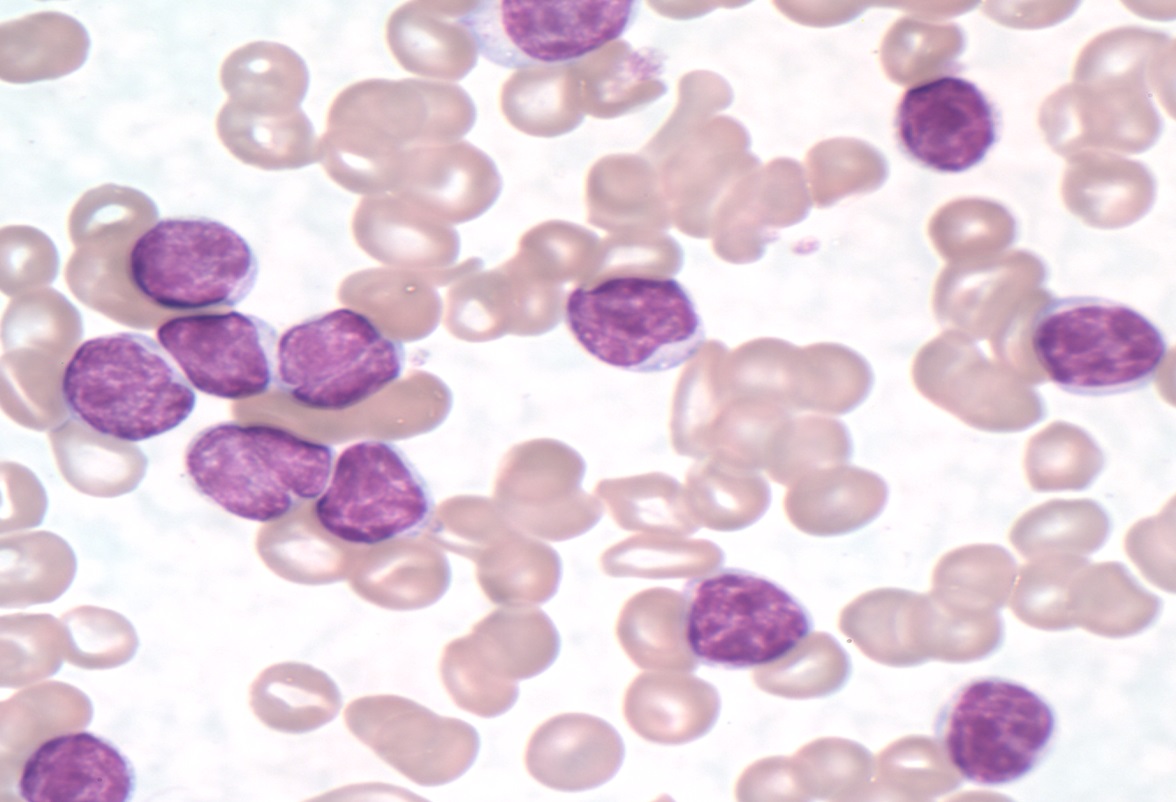
Using high-sensitivity sequencing for the detection of mutations in BTK and PLCγ2 genes in cellular and cell-free DNA and correlation with progression in patients treated
Chimerism Analysis of Cell-Free DNA in Patients Treated with Hematopoietic Stem Cell Transplantation May Predict Early Relapse in Patients with Hematologic Malignancies. BACKGROUND: We studied
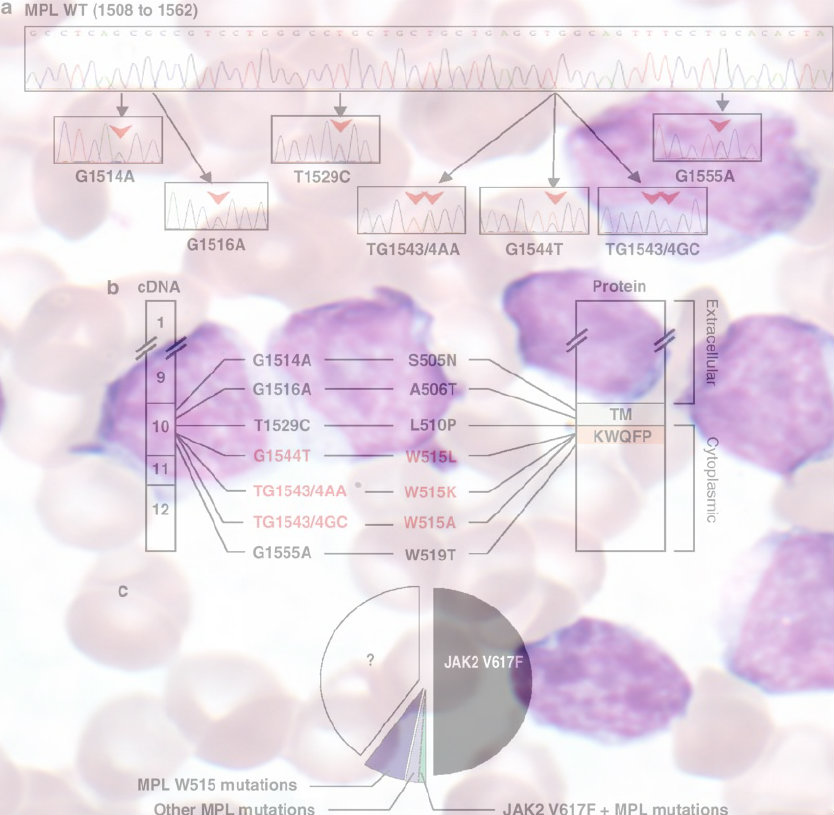
MPL mutation profile in JAK2 mutation-negative patients with myeloproliferative disorders. Mutations in the thrombopoietin receptor gene (myeloproliferative leukemia, MPL) have been reported in patients with
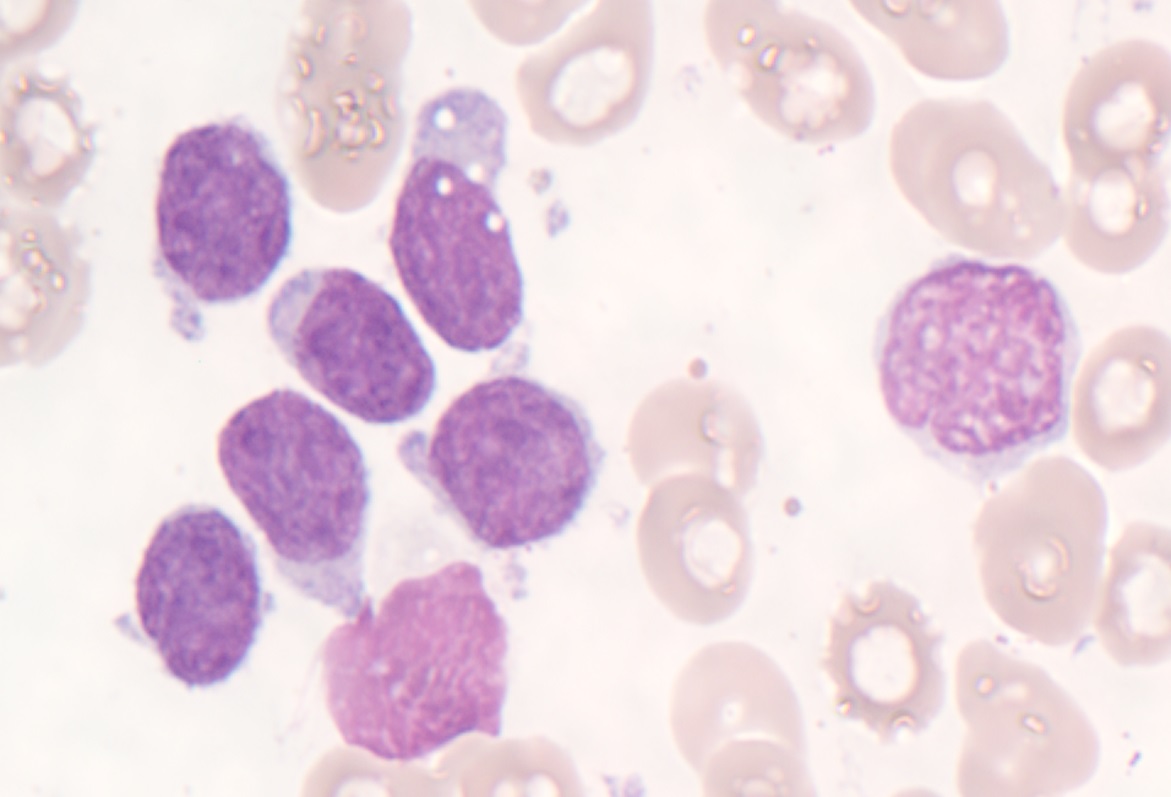
Circulating Ki-67 index in plasma as a biomarker and prognostic indicator in chronic lymphocytic leukemia. Ki-67 is a nuclear antigen that is expressed in all
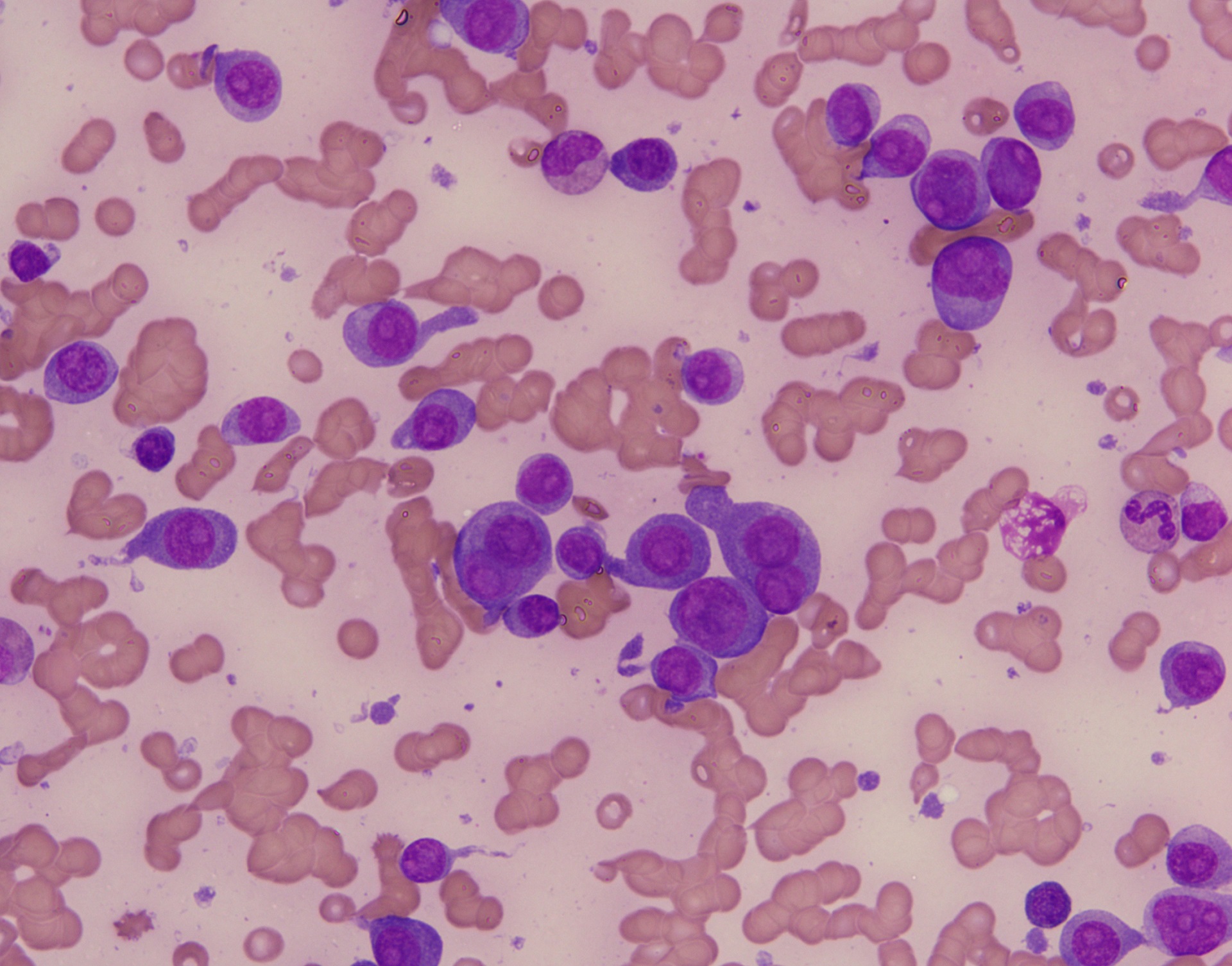
Mutations in cell free DNA (cfDNA) or cells in the peripheral blood along with anemia or thrombocytopenia are the whole mark of myelodysplastic syndrome (MDS).